Home>Garden Essentials>How Long Can You Keep Pomegranate Seeds
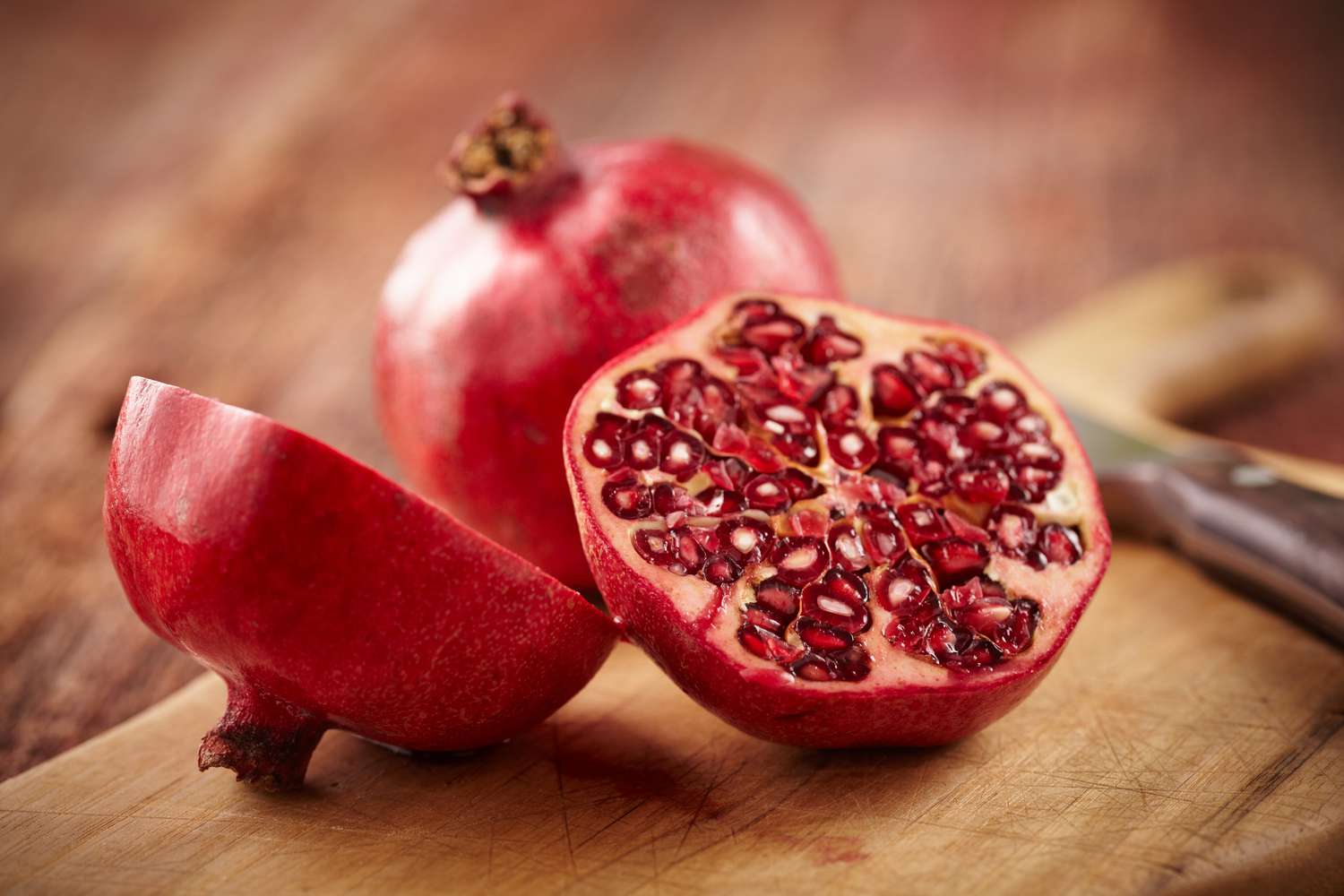

Garden Essentials
How Long Can You Keep Pomegranate Seeds
Modified: March 15, 2024
Find out how long you can keep pomegranate seeds fresh in your garden and enjoy their deliciousness for months!
(Many of the links in this article redirect to a specific reviewed product. Your purchase of these products through affiliate links helps to generate commission for Storables.com, at no extra cost. Learn more)
Introduction
Pomegranate seeds are not only delicious but also packed with nutrients, making them a popular choice for adding a burst of flavor and texture to salads, desserts, and a variety of dishes. However, if you have a surplus of pomegranate seeds or are wondering how long you can keep them before they spoil, it’s important to understand the factors that can affect their shelf life and how to store them properly.
The shelf life of pomegranate seeds can vary depending on several factors, including their freshness, storage conditions, and the presence of any contaminants. By understanding how to properly store and handle pomegranate seeds, you can extend their shelf life and ensure that you’re able to enjoy their taste and health benefits for as long as possible.
In this article, we will explore the factors that can affect the shelf life of pomegranate seeds, discuss proper storage methods, identify signs of spoilage, and provide tips on how to extend their freshness. So, if you’re curious about how long you can keep pomegranate seeds and want to make the most of their natural goodness, read on.
Key Takeaways:
- Pomegranate seeds can last 5-7 days in the fridge. Store them in an airtight container and check for spoilage signs like mold, odor, or sliminess to enjoy their freshness.
- To extend pomegranate seed shelf life, handle them gently, refrigerate in airtight containers, and consume within a few days for optimal taste and nutrition.
Read more: How Long Can You Keep Flax Seeds
Factors Affecting the Shelf Life of Pomegranate Seeds
The shelf life of pomegranate seeds can be influenced by several factors. Understanding these factors can help you determine how long you can keep your pomegranate seeds before they spoil. Here are some important factors to consider:
- Freshness: The freshness of the pomegranate seeds at the time of purchase or extraction plays a significant role in their shelf life. Freshly harvested seeds will generally last longer compared to seeds that have been sitting around for a while.
- Ripeness: The ripeness of the pomegranate fruit can also affect the shelf life of the seeds. Overripe fruits may have seeds that are past their prime and more likely to spoil quickly.
- Contamination: Pomegranate seeds can be susceptible to microbial contamination if not handled properly. Contaminants such as bacteria or mold can accelerate the spoilage process. It’s important to ensure that the seeds are clean and free from any signs of spoilage before storing them.
- Storage conditions: The way you store pomegranate seeds can significantly impact their shelf life. Factors such as temperature, humidity, and exposure to light can affect their freshness. Proper storage conditions are crucial for extending their shelf life.
It’s worth noting that while pomegranate seeds generally have a relatively short shelf life compared to other fruits, proper storage techniques can help prolong their freshness and allow you to enjoy them for a longer period of time. In the next section, we will discuss the best practices for storing pomegranate seeds to maximize their shelf life.
Proper Storage of Pomegranate Seeds
Proper storage is key to extending the shelf life of pomegranate seeds and maintaining their optimal freshness. Here are some guidelines to follow when storing pomegranate seeds:
- Clean and dry: Before storing pomegranate seeds, make sure they are clean and dry. Remove any excess pulp or debris from the seeds, and gently pat them dry with a paper towel.
- Airtight container: Store the pomegranate seeds in an airtight container or resealable plastic bag. This will help prevent moisture from getting in and reduce the chances of spoilage. Ensure that the container is clean and dry before adding the seeds.
- Refrigeration: Pomegranate seeds should be stored in the refrigerator to maintain their freshness. The cool temperature of the fridge helps slow down the spoilage process and keeps the seeds from drying out. Place the sealed container of seeds in the main compartment of the refrigerator, away from fruits like apples or bananas that release ethylene gas and can accelerate spoilage.
- Avoid freezing: While freezing can preserve pomegranate seeds for an extended period, it may affect their texture and taste. Frozen pomegranate seeds can become mushy and lose their characteristic crunch. It’s best to consume fresh or refrigerated pomegranate seeds for the best flavor and texture.
- Labeling: To keep track of the storage duration, consider labeling the container with the date of storage. This way, you can easily monitor how long the seeds have been stored and determine their freshness.
Following these storage tips will help maximize the shelf life of pomegranate seeds and ensure that they retain their taste and quality for longer. Now let’s explore the signs that indicate pomegranate seeds have spoiled and are no longer safe to consume.
Pomegranate seeds can be kept in the refrigerator for up to 5 days in an airtight container. You can also freeze them for up to 3 months for longer storage.
Signs of Spoiled Pomegranate Seeds
Knowing how to identify signs of spoilage in pomegranate seeds is essential to avoid consuming seeds that might be contaminated or past their prime. Keep an eye out for the following signs that indicate pomegranate seeds have spoiled:
- Mold: If you notice any fuzzy or discolored growth on the pomegranate seeds, it is a clear indication that they have developed mold. Mold can be harmful and should be avoided.
- Foul odor: Spoiled pomegranate seeds can emit a sour or rancid odor. If the seeds have a strong, unpleasant smell, it is best to discard them.
- Slimy texture: Fresh pomegranate seeds have a crisp and juicy texture. However, if the seeds feel slimy or have a mushy consistency, it is a sign of spoilage.
- Discoloration: Pomegranate seeds that have turned brown or dark in color should be discarded as they have likely started to rot.
- Unusual taste: If the pomegranate seeds taste bitter, off, or different from their usual sweet and tangy flavor, it is an indication that they have spoiled and should not be consumed.
It’s worth noting that pomegranate seeds can spoil relatively quickly, especially if they are not stored properly. Checking for these signs of spoilage before consuming the seeds is crucial to ensure your safety and satisfaction with the flavor.
Now that we’ve covered the signs of spoilage, let’s move on to some useful tips for extending the shelf life of pomegranate seeds.
Tips for Extending the Shelf Life of Pomegranate Seeds
If you want to maximize the shelf life of your pomegranate seeds and enjoy them for as long as possible, consider implementing the following tips:
- Choose fresh pomegranates: When selecting pomegranates, opt for ones that are firm, heavy, and free from bruises or blemishes. Fresh pomegranates will yield seeds that have a longer shelf life.
- Store them whole: If you plan to store pomegranate seeds for an extended period, it’s best to keep them inside the intact fruit. Separating the seeds from the fruit increases their exposure to air and accelerates spoilage.
- Handle with care: Gentle handling is important to prevent bruising or damaging the seeds. Avoid squeezing or applying excessive pressure to the pomegranate, as this can lead to spoilage.
- Consume quickly: Pomegranate seeds are at their peak freshness shortly after extraction. If you want to enjoy the seeds in their optimal state, consume them within a few days of harvesting or purchasing.
- Keep them refrigerated: As mentioned before, storing pomegranate seeds in the refrigerator is crucial for maintaining their freshness. The cool temperature helps slow down the spoilage process, extending their shelf life.
- Use airtight containers: Ensuring that pomegranate seeds are stored in airtight containers or resealable bags creates a barrier against moisture and contaminants, preserving their quality.
- Avoid exposure to light: Pomegranate seeds are sensitive to light, which can accelerate their spoilage. Store them in a dark place or use opaque containers to shield them from light exposure.
- Inspect regularly: Regularly check the pomegranate seeds for any signs of spoilage, such as mold, discoloration, or an off odor. If you notice any of these signs, discard the seeds immediately.
By following these tips, you can significantly prolong the shelf life of your pomegranate seeds and savor their delicious taste and nutritional benefits for longer.
Let’s move on to answering some frequently asked questions about storing pomegranate seeds.
Read more: How Long Can You Keep Chia Seeds
Frequently Asked Questions (FAQs)
Here are some commonly asked questions about storing pomegranate seeds:
- How long can you keep pomegranate seeds in the refrigerator?
- Can you freeze pomegranate seeds?
- Can you store pomegranate seeds at room temperature?
- Can you store pomegranate seeds in the freezer?
- Can you store pomegranate seeds in a glass jar?
- What can you do with leftover pomegranate seeds?
Pomegranate seeds can be stored in the refrigerator for up to 5-7 days. However, it’s best to consume them within the first few days for optimal freshness.
While it is possible to freeze pomegranate seeds, their texture and taste may be affected. Frozen pomegranate seeds tend to become soft and lose their crunch. It’s generally recommended to consume fresh or refrigerated pomegranate seeds for the best quality.
Storing pomegranate seeds at room temperature is not ideal, as they are prone to spoilage. The cool temperature of the refrigerator helps slow down the spoilage process and keeps the seeds fresh for a longer period.
While freezing pomegranate seeds can extend their shelf life, it may affect their texture. If you choose to freeze them, place the seeds in airtight containers or resealable bags and consume them within 3-4 months for the best quality.
It is possible to store pomegranate seeds in a glass jar, as long as it has an airtight seal. The jar should be clean and dry before adding the seeds. Ensure that the jar is stored in the refrigerator to maintain the freshness of the seeds.
If you have leftover pomegranate seeds, there are many ways to utilize them. You can add them to salads, yogurt, smoothies, fruit bowls, or use them as a topping for desserts. Get creative and experiment with incorporating pomegranate seeds into various dishes.
Remember, proper storage techniques and timely consumption are essential for enjoying pomegranate seeds at their best. By following the tips and guidelines mentioned in this article, you can extend the shelf life of pomegranate seeds and ensure their freshness for an extended period.
Happy storing and enjoy your delicious pomegranate seeds!
Frequently Asked Questions about How Long Can You Keep Pomegranate Seeds
Was this page helpful?
At Storables.com, we guarantee accurate and reliable information. Our content, validated by Expert Board Contributors, is crafted following stringent Editorial Policies. We're committed to providing you with well-researched, expert-backed insights for all your informational needs.
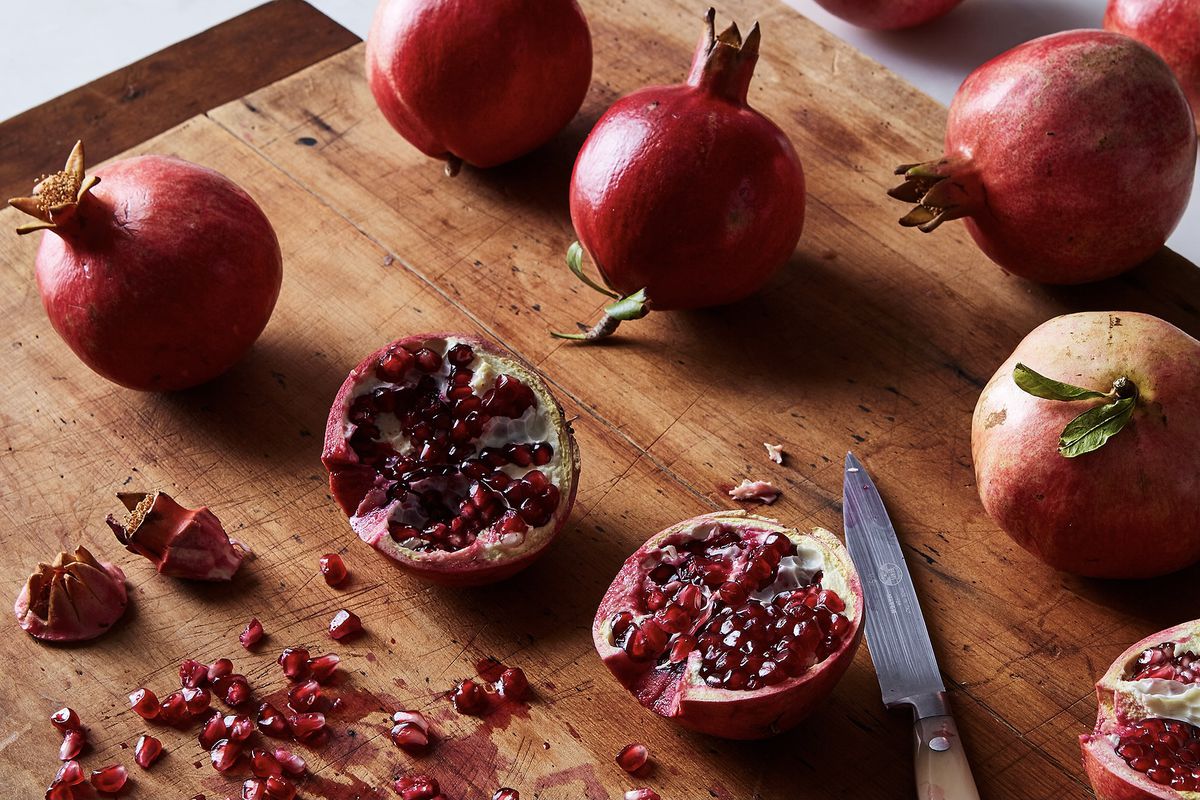

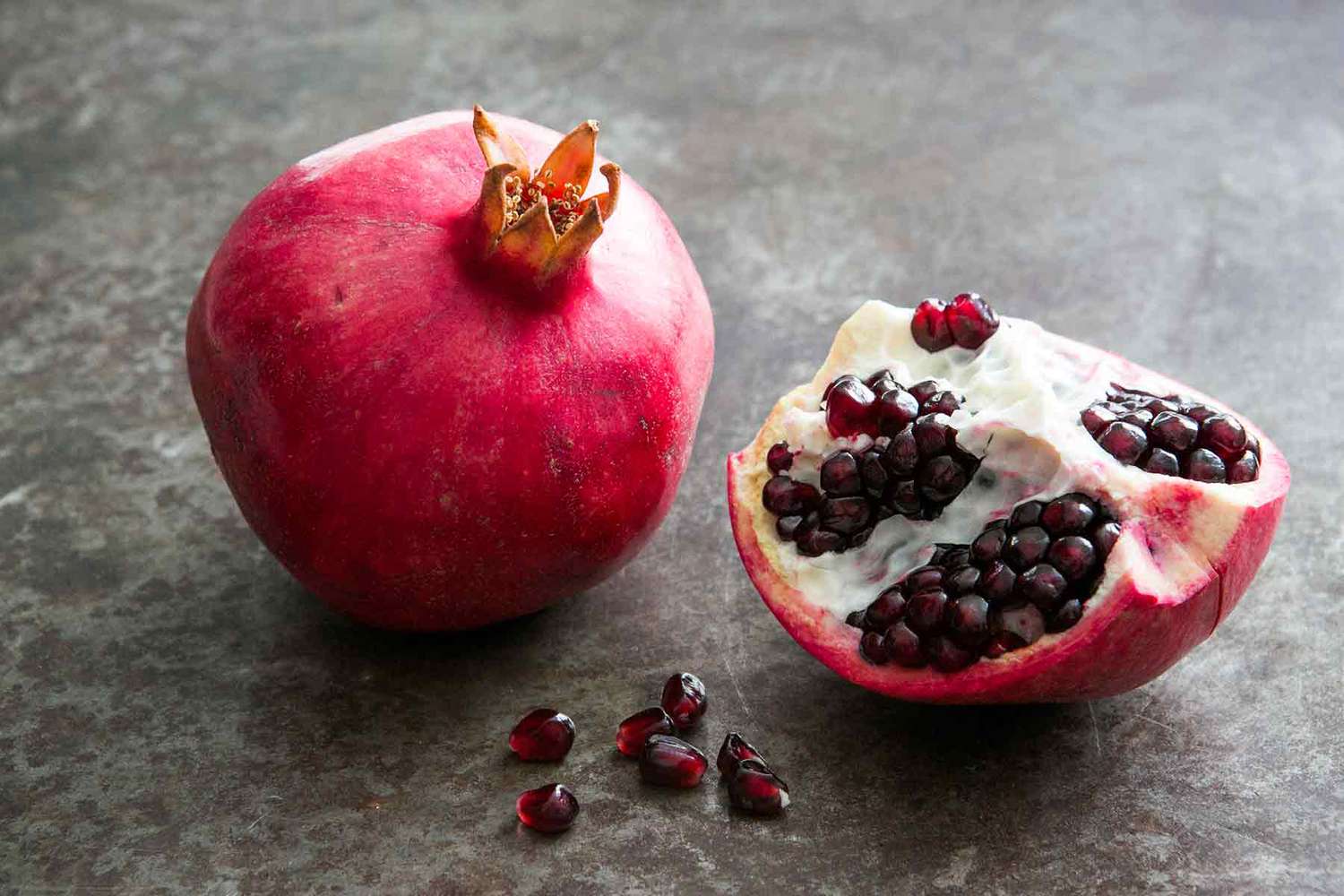
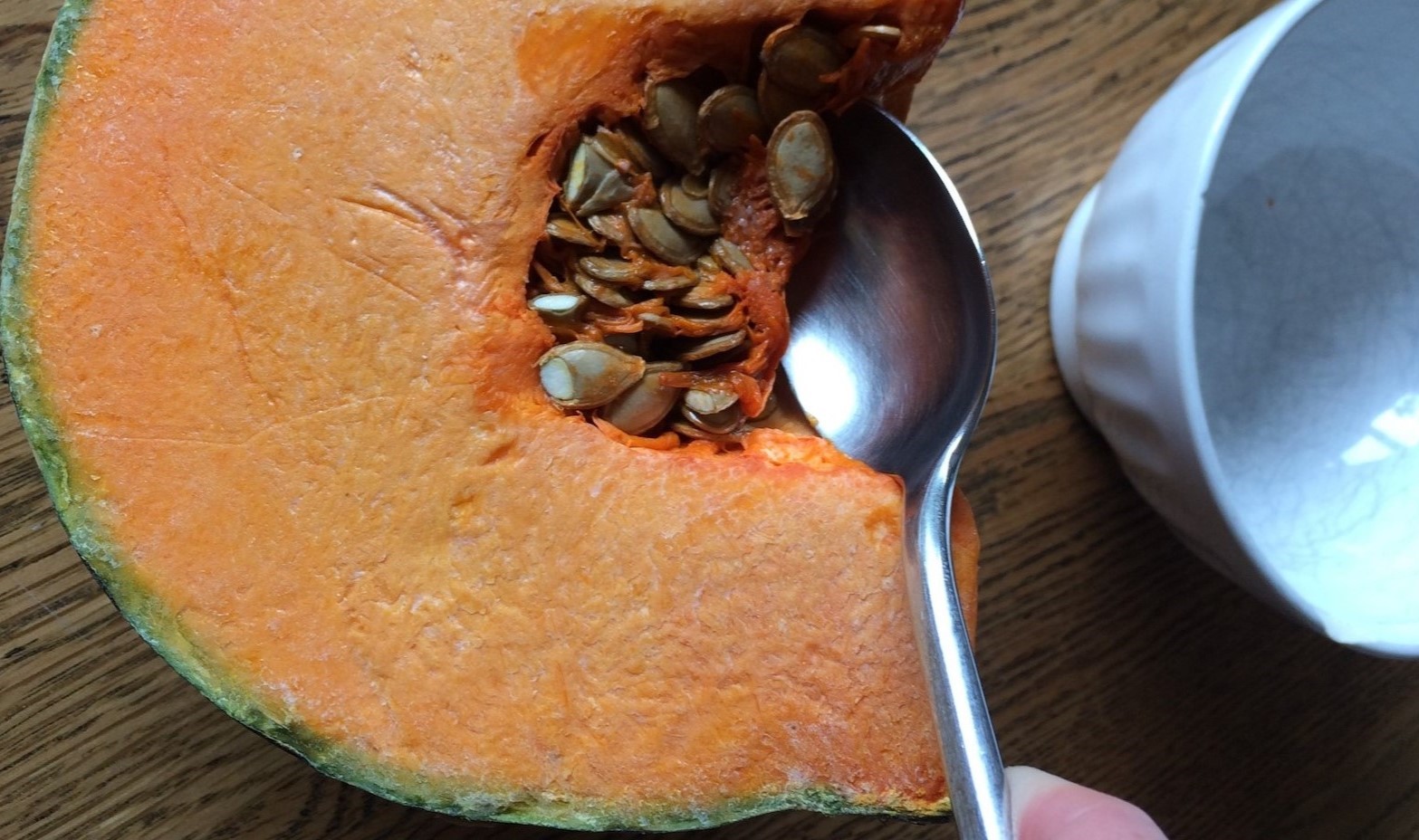
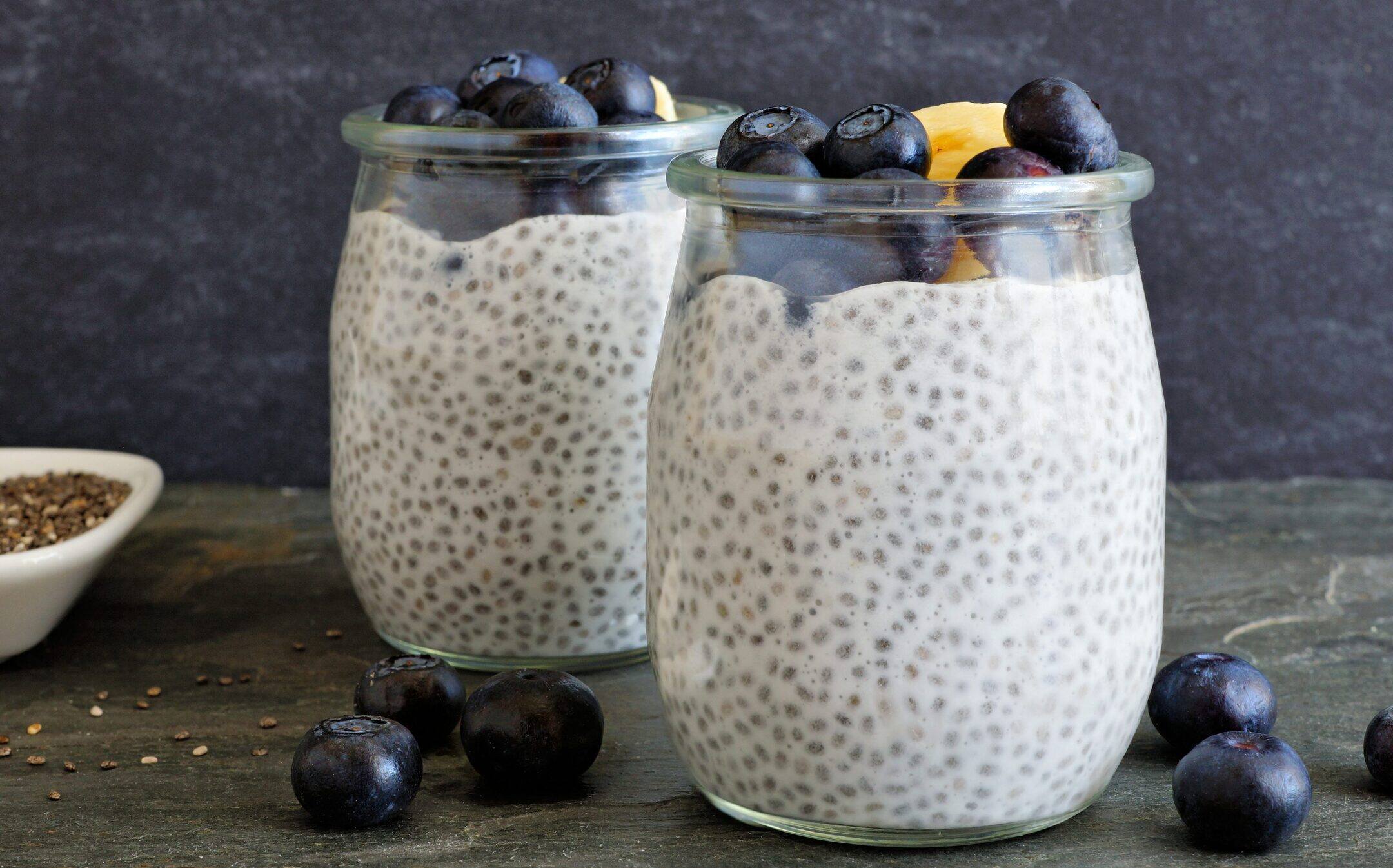
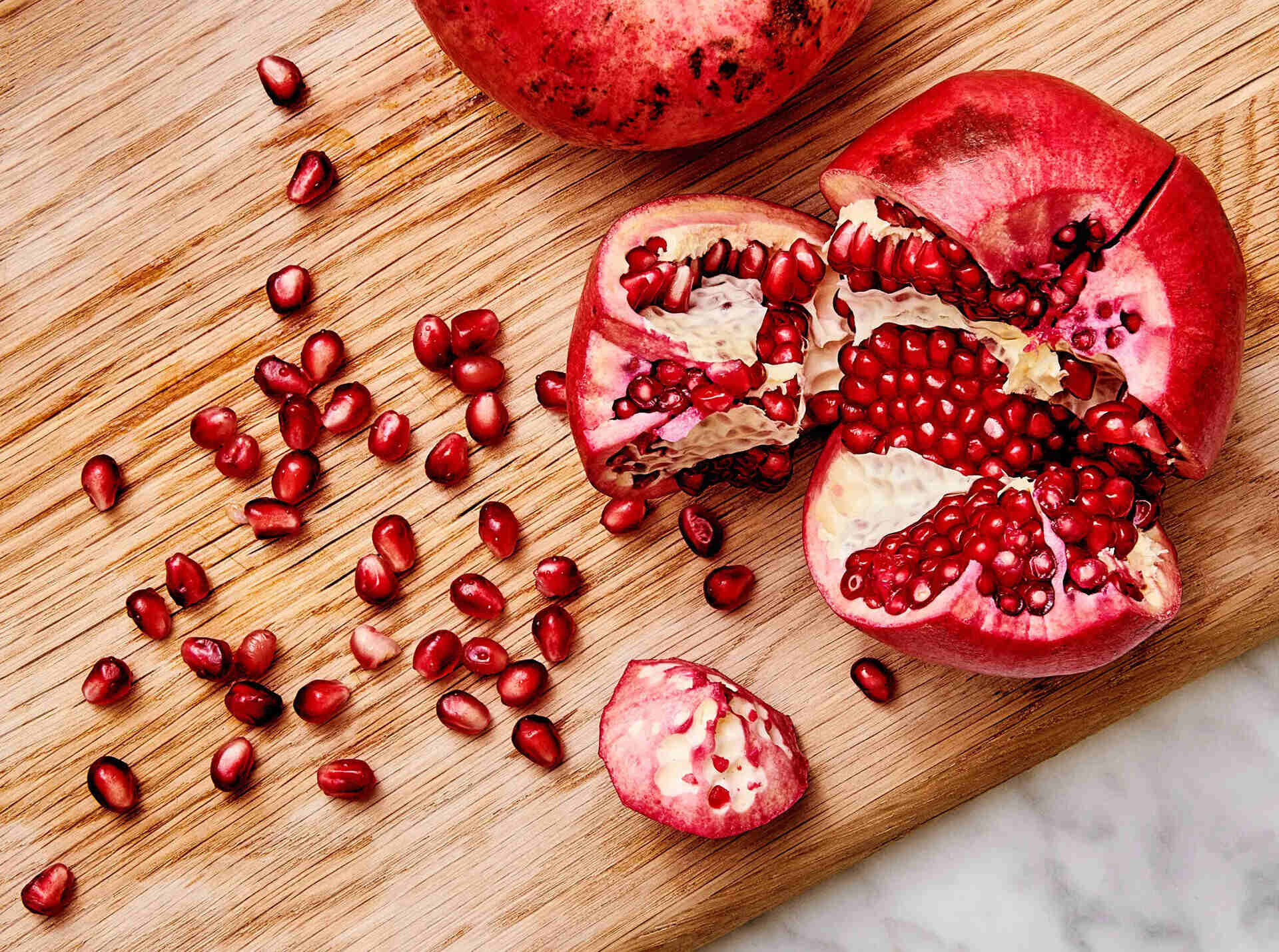
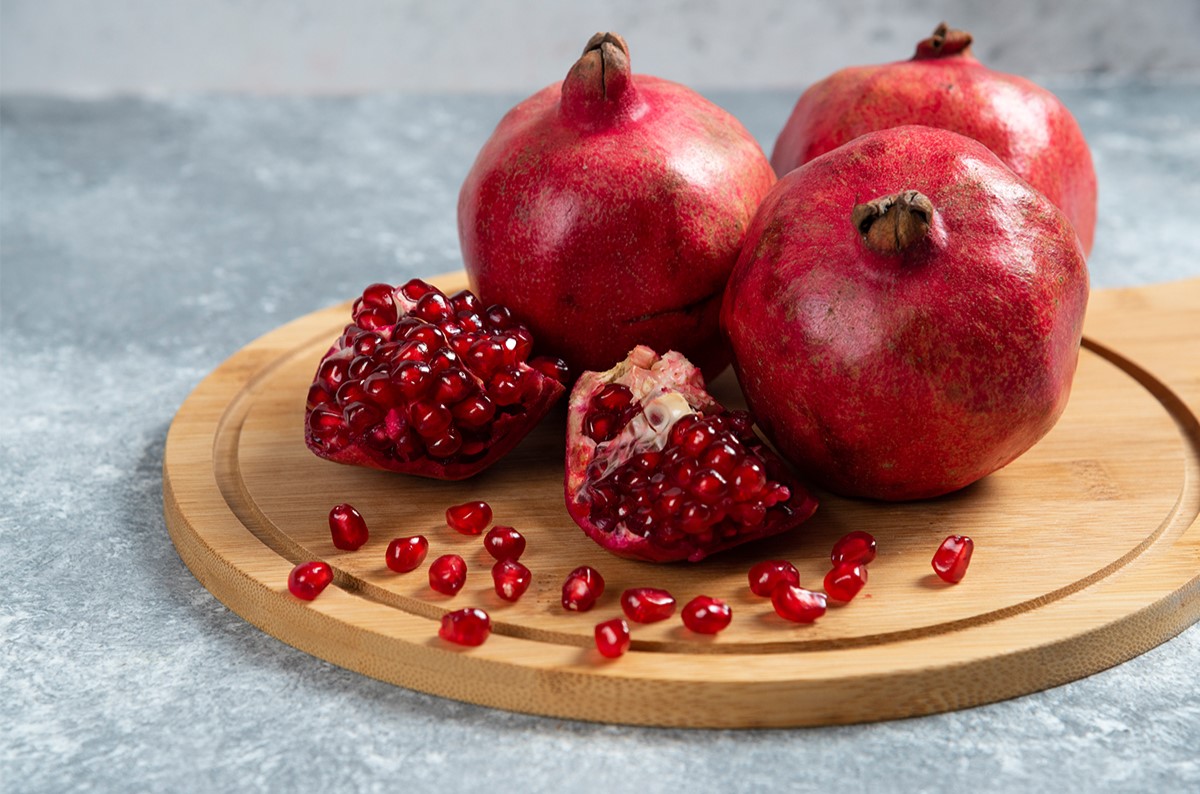
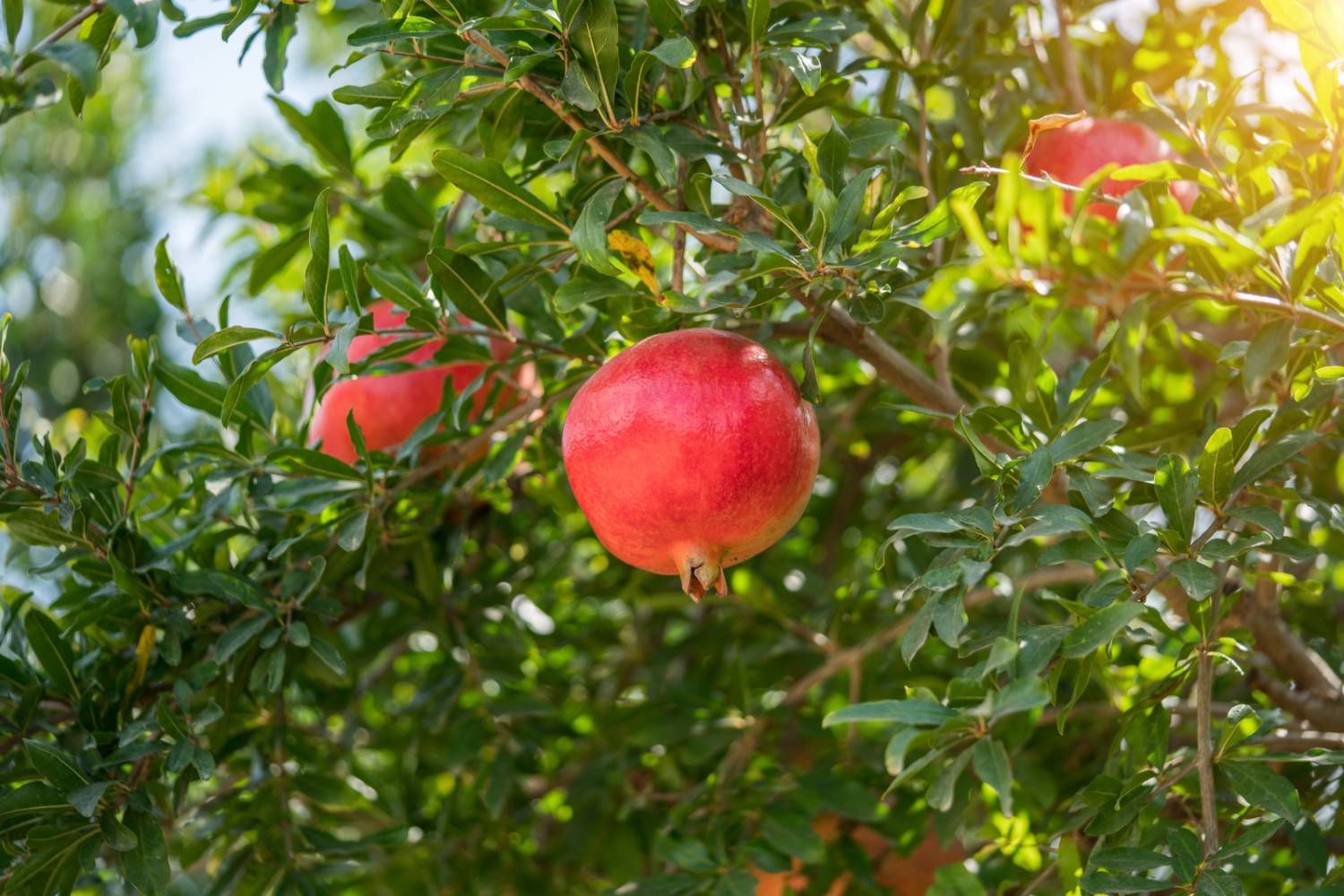
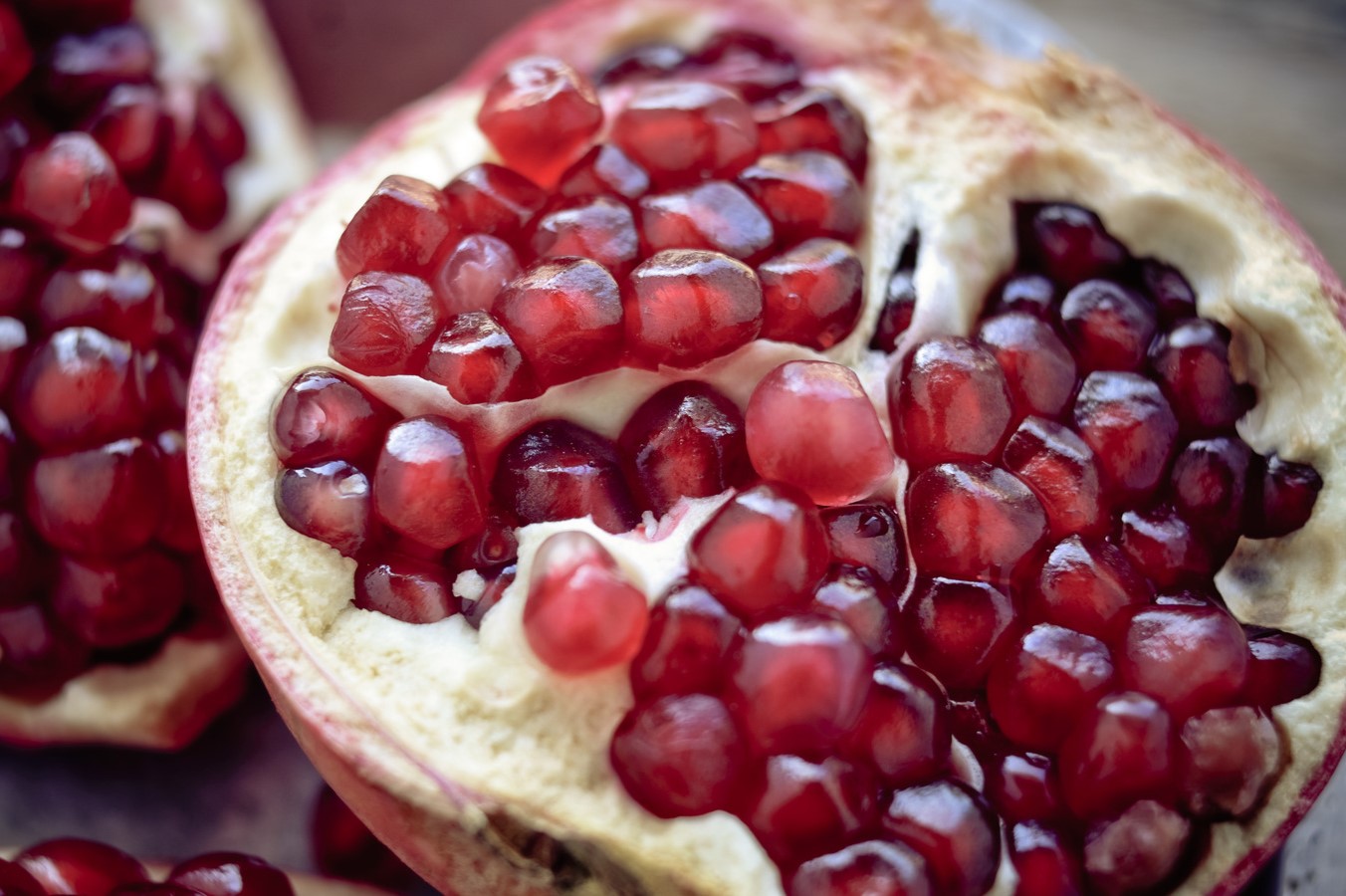
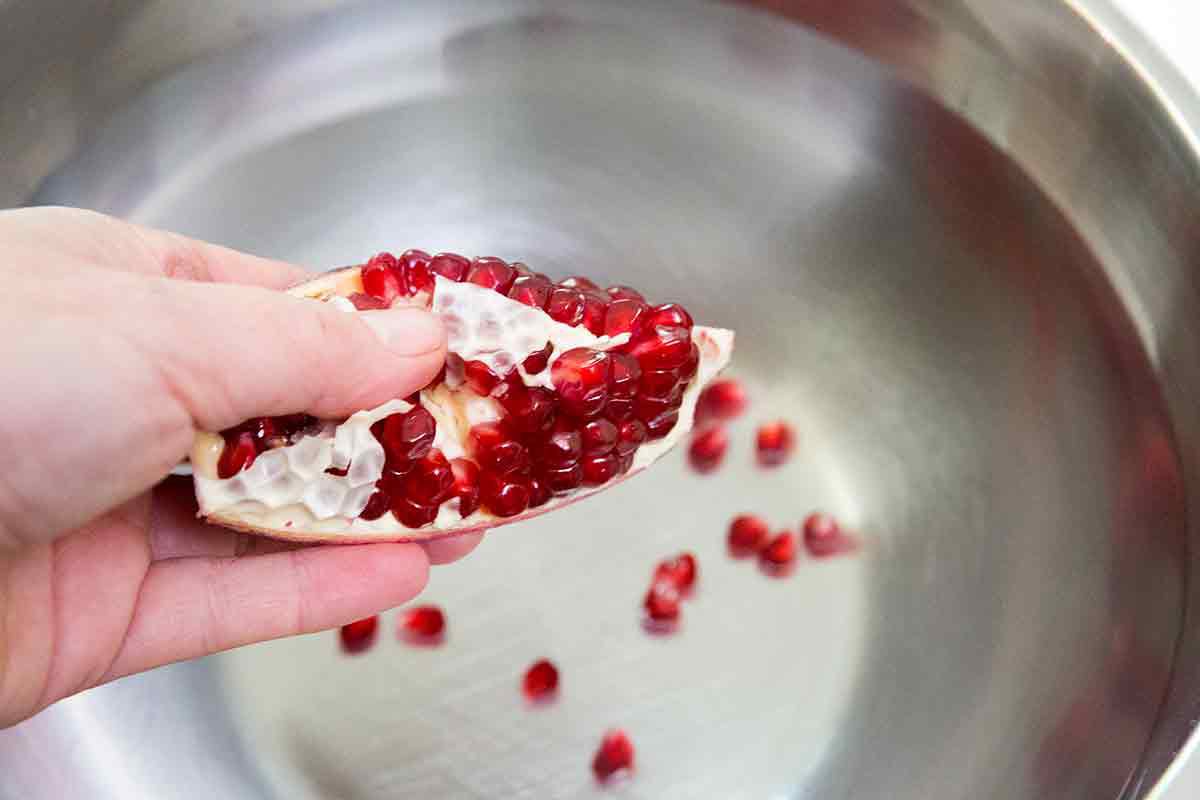
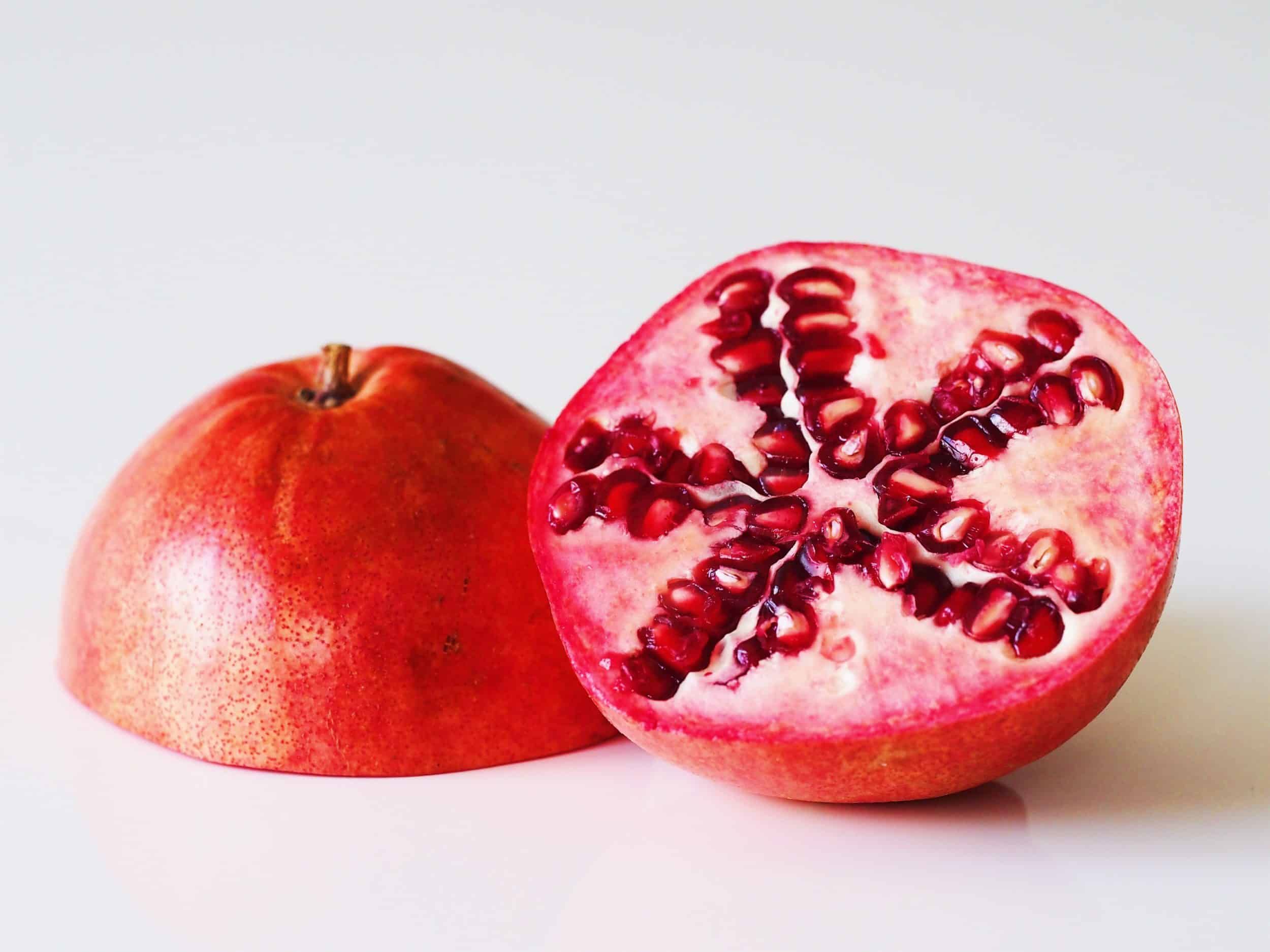
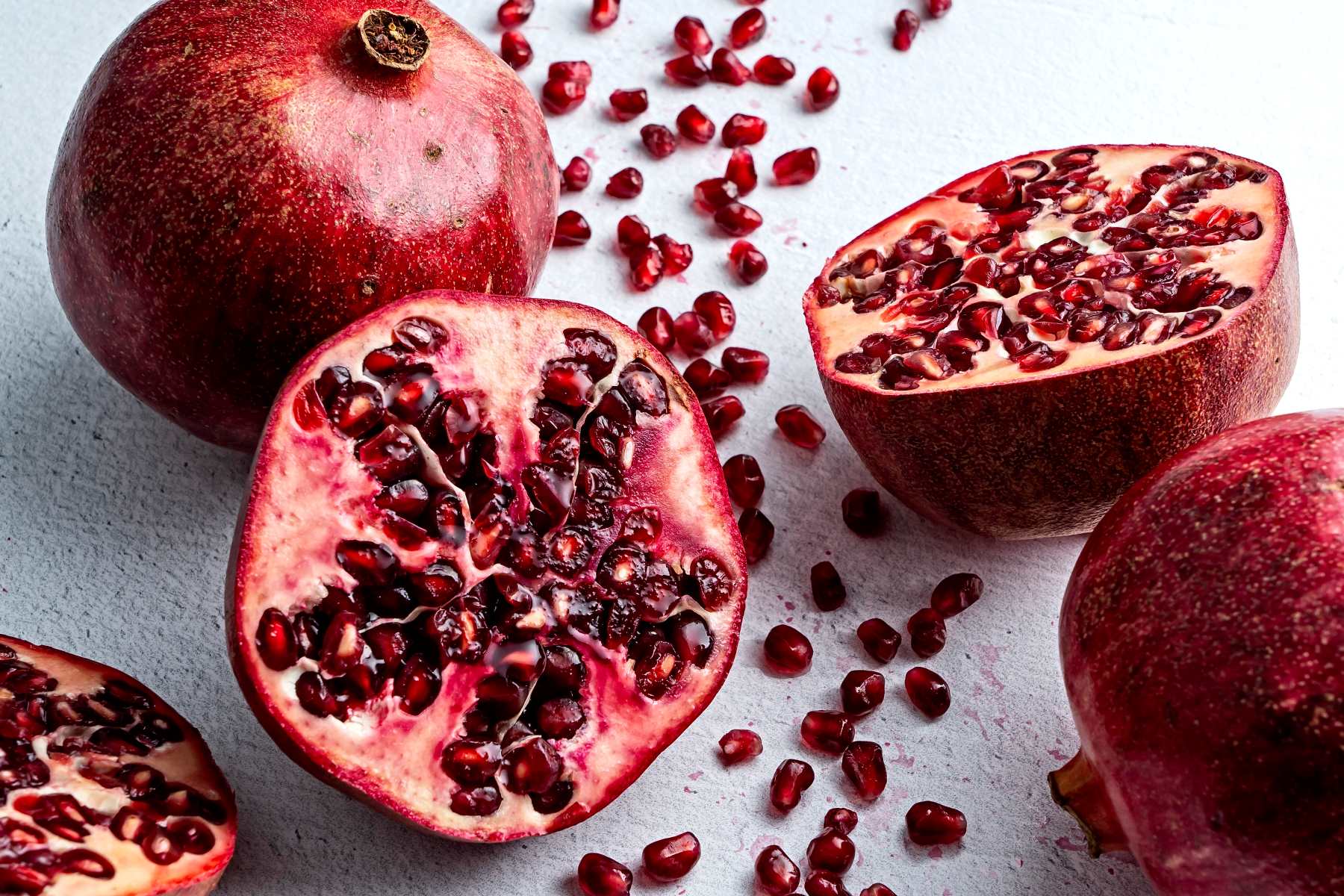
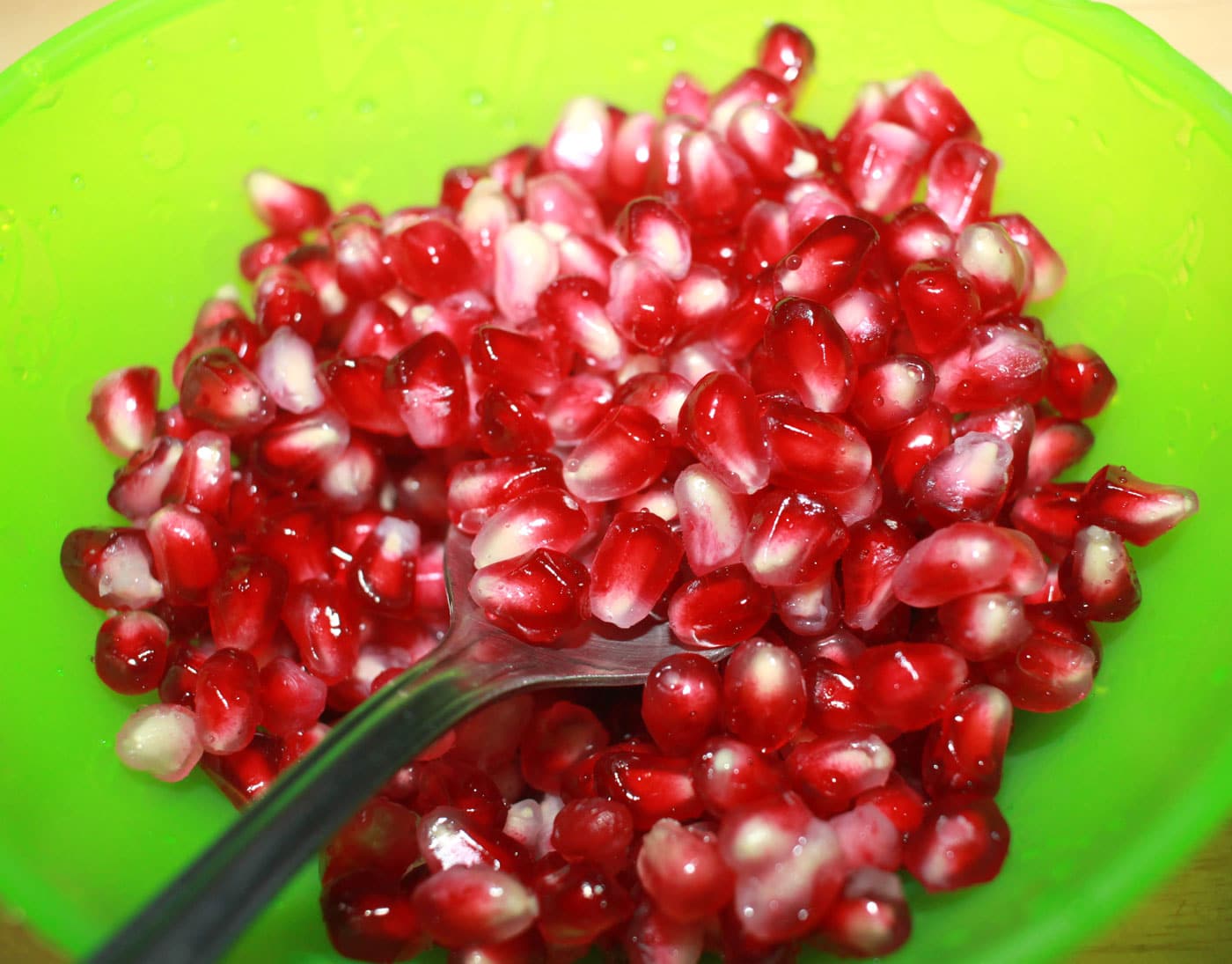
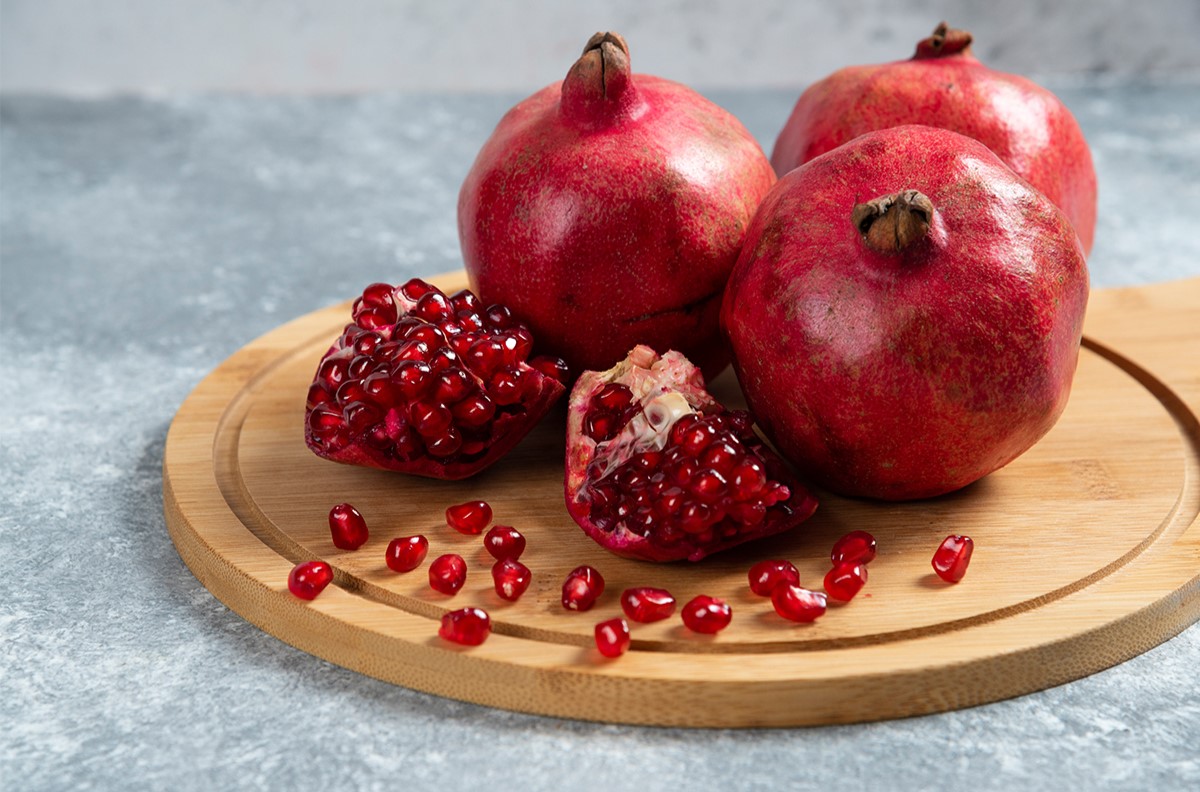

0 thoughts on “How Long Can You Keep Pomegranate Seeds”